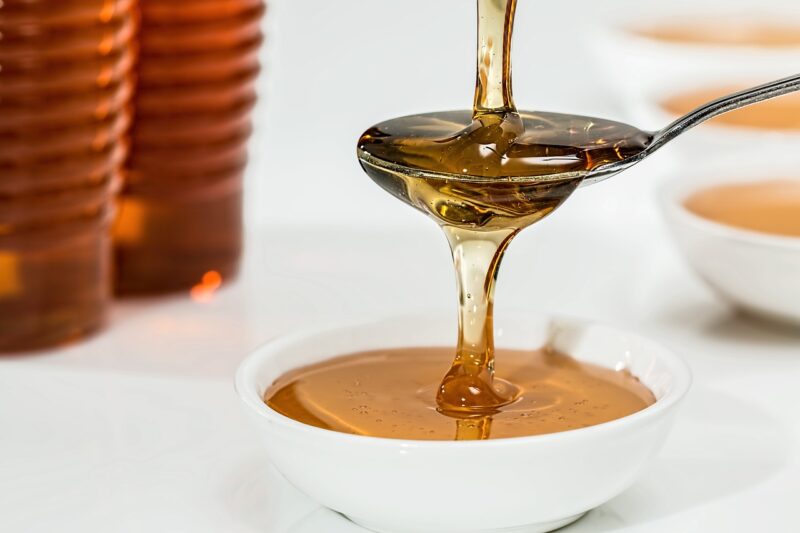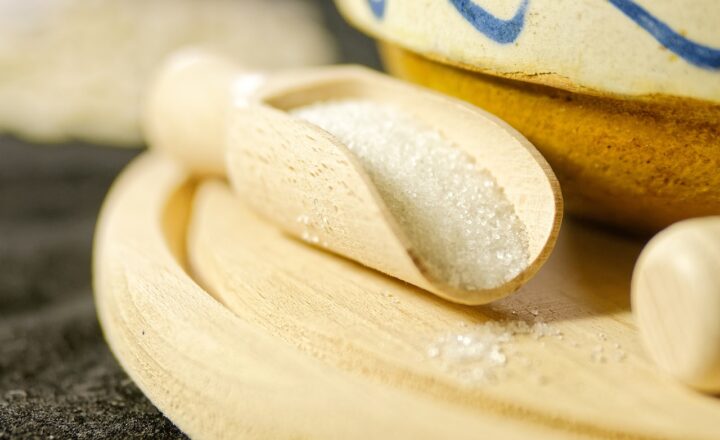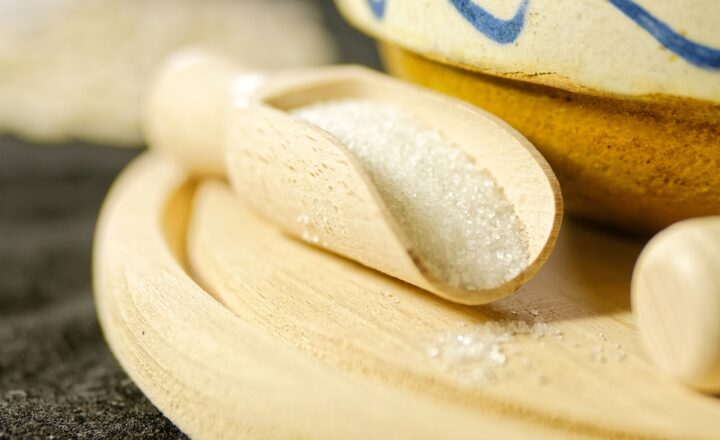A Beginner’s Guide to Maple Syrup, Honey, and Other Natural Sugars
November 11, 2024

Natural sugars have gained popularity as a healthier alternative to refined sugars. This guide will take you through the basics of natural sugars like maple syrup and honey, their benefits, uses, and how to choose the best options for your health and cooking needs.
1. What are Natural Sugars?
Natural sugars are sweeteners that are derived from plants and processed minimally, retaining their original nutrients. Unlike refined sugars which are extracted and stripped of all nutritional value, natural sugars often come with beneficial vitamins and minerals. Some of the most common natural sugar options include:
- Maple Syrup: Harvested from maple trees, this syrup is rich in antioxidants and minerals such as manganese and zinc.
- Honey: A product of bees, honey offers antibacterial properties and is a natural source of energy with various antioxidants.
- Agave Nectar: Extracted from the agave plant, this syrup is lower on the glycemic index, making it a popular choice among those managing blood sugar levels.
- Coconut Sugar: Made from the sap of coconut trees, coconut sugar is rich in minerals and has a lower glycemic index than regular table sugar.
Understanding these natural sugars helps consumers make informed choices for their diets.
2. The Nutritional Benefits of Natural Sugars
Natural sugars not only satisfy sweet cravings but also come with numerous health advantages:
- Higher Nutrient Content: Unlike refined sugars, natural sugars retain minerals and vitamins due to their less processed state. For example, maple syrup contains antioxidants that can reduce inflammation.
- Lower Glycemic Index: Some natural sugars like agave nectar have a lower glycemic index than table sugar, making them better options for blood sugar management.
- Antioxidant Properties: Honey is known for its antioxidant content, which can contribute to overall health and well-being.
- Natural Energy Boost: Honey, for instance, provides an instant energy boost, making it a great pre-workout fuel compared to processed sugars that may cause a crash afterward.
By incorporating natural sugars into your diet, you can enjoy the sweetness you crave without sacrificing nutritional value.
3. How to Use Natural Sugars in Cooking and Baking
Natural sugars can replace refined sugars in your cooking and baking processes with a few considerations:
- Maple Syrup: Best used in pancakes, oatmeal, baked goods, or as a glaze for meats. When substituting, use about three-quarters of the amount required of refined sugar because the syrup adds moisture to the dish.
- Honey: Ideal for sweetening teas, yogurt, salad dressings, and baked items. When using honey instead of sugar, reduce the overall liquid content of your recipe to maintain the right consistency.
- Agave Nectar: This can replace sugar in smoothies, desserts, and sauces. Use about two-thirds of the amount of sugar called for to avoid overwhelming the dish with sweetness.
- Coconut Sugar: This can be used cup-for-cup to replace regular sugar in most recipes and has a taste similar to brown sugar, great for cookies and cakes.
Experimenting with these natural sugars can lead to delightful new flavors and healthier versions of your favorite dishes.
4. Choosing Quality Natural Sugars
When shopping for natural sugars, consider the following:
- Read Labels: Look for products that are minimally processed and have no added ingredients. Pure maple syrup, honey, or raw coconut sugar are preferable choices.
- Avoid Artificial Additives: Ensure that the natural sugar lacks preservatives or artificial flavors to receive the full health benefits associated with these products.
- Think Local: Whenever possible, purchase local honey or maple syrup. This supports local farmers and ensures freshness.
- Watch for Quality Indicators: For maple syrup, look for grades (like Grade A or B), and for honey, consider factors such as rawness and source (wildflower vs. clover).
By being discerning, you can ensure you are getting the best possible natural sweeteners to enhance your diet.
5. The Environmental Impact of Choosing Natural Sugars
Choosing natural sugars often comes with a lower environmental footprint compared to processed sugars. Here are key points to consider:
- Sustainability: Many natural sugar producers, especially local honey and maple syrup farmers, often practice sustainable farming methods that contribute to biodiversity and ecosystem health.
- Support for Local Economies: Purchasing local natural sugars supports small-scale farmers and reduces the carbon footprint associated with transporting goods over long distances.
- Reduced Chemical Use: Natural sugar production typically involves fewer chemicals than conventional sugar farming, making it a cleaner choice for the environment.
By making informed choices, you not only care for your health but also for our planet.
Conclusion
Natural sugars such as maple syrup, honey, agave nectar, and coconut sugar provide a delicious and nutritious way to satisfy your sweet cravings while gaining health benefits. Understanding how to use these alternatives effectively and selecting quality products can enhance both your culinary creations and overall well-being. Since these sugars come with added nutrients and lower glycemic indexes, they are not just substitutes but can also be considered healthier additions to your diet. Embrace the natural sweetness of these sugars and enjoy the numerous benefits they offer for your health and taste buds.







